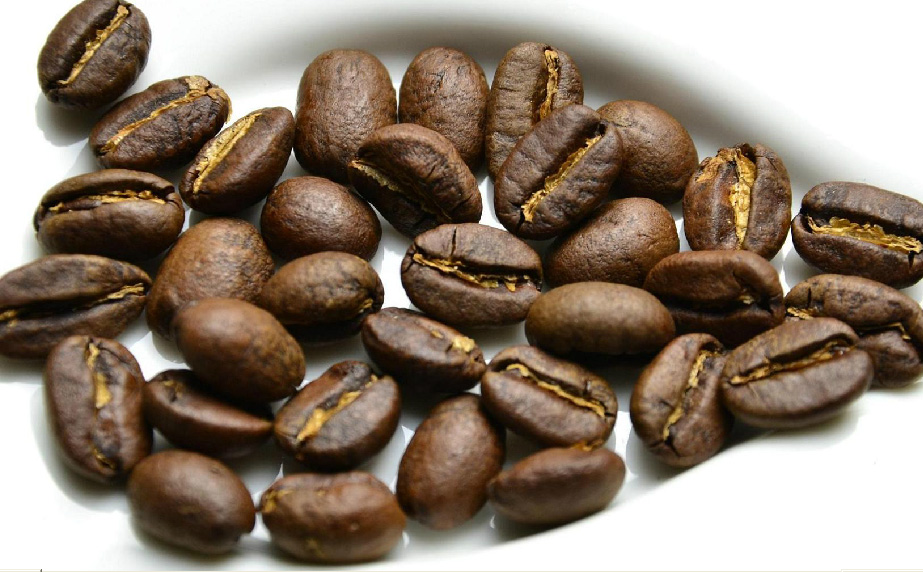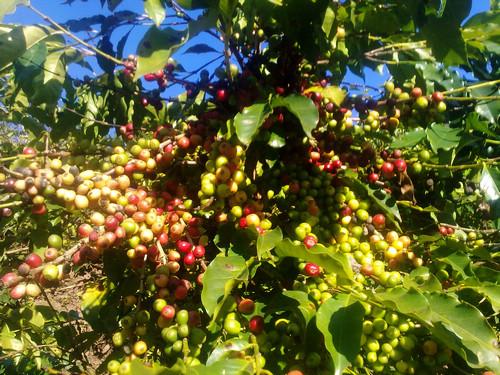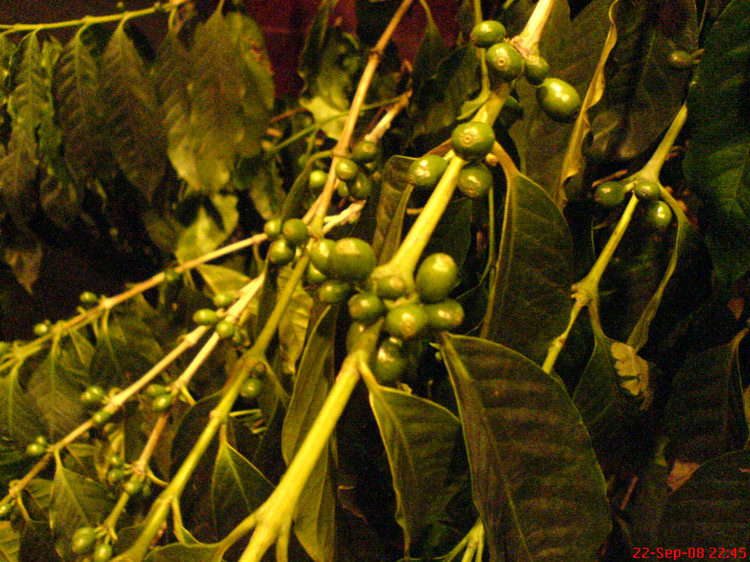World fine coffee beans: Ethiopia Jiedipu Cocona processing plant washing Ye Jia Xue Fei G1

Gedeb is an area located 60 km south of the town of Yegashefi, named after the local Gedeb people.
The Kokanna processing plant located in the town of Kokanna concentrates coffee berries acquired near Gedeb for fine washing and export under the name Gedeb. The coffee fruits collected here are all produced in the highland of about 1900 meters. The processing plant strictly selects the ripe red fruits. After 36 to 48 hours of washing and fermentation, they are finally dried on the elevated bed for 10-12 days to reach the moisture content of 11.5%. Before the raw beans are exported, they should undergo multiple sorting to minimize defective beans. So this batch of beans also passed the G1 certification of ECX(Ethiopia Comity Exchange) smoothly.
Such delicate beans will definitely stand the test of light baking. Even with Medium's baking degree, she still didn't have any sour taste or any mixed taste. The refreshing and bright acidity could be described as "lively". This acid had the acidity of lemon orange, but also reminded people of the sweet and sour taste of strawberry. It also had a little peach juice flavor. It wasn't as simple as the previous yega. After a while, the acidity gradually faded, replaced by infinite fruit flavor and lingering sweetness.
Source:
Giessen's own bakery blog.
Important Notice :
前街咖啡 FrontStreet Coffee has moved to new addredd:
FrontStreet Coffee Address: 315,Donghua East Road,GuangZhou
Tel:020 38364473
- Prev

World boutique coffee beans: introduction to the classification of Zimbabwe ((Zimbabwe) Zimbabwe) coffee beans
Zimbabwe has been producing quality Arabica coffee since 100 years ago. But it was almost wiped out by insect pests around 1920. Since 1950, Zimbabwe has been equipped to produce quality coffee with the migration of coffee farmers from India and Kenya to Zimbabwe. The coffee-growing areas of Zimbabwe are mainly distributed in the northeast of the Chimanimani Mountains. The mountain range
- Next

World Fine Coffee beans: an introduction to the authentic Flavor of Taiwan's Gukeng Coffee beans
Gukeng Coffee originated in Huashan area, Gukeng Township, Yunlin County, Taiwan. At a time when the ancient pit on the Tropic of Cancer is full of sunshine and rainfall, the Taiwan native coffee produced is sweet, fragrant and not bitter, and has its own local flavor. It belongs to the best coffee in the world. Because it was accidentally found that Gukeng is quite suitable for growing coffee regardless of climate, soil or drainage, Gukeng Township has become one of the few places in Taiwan.
Related
- Guji coffee producing area of Guji, Ethiopia: Humbela, Shakiso, Wulaga
- What is the most expensive variety of Qiloso in BOP multi-variety group?
- How to store the coffee beans bought home?
- Why are Yemeni coffee beans so rare now?
- Ethiopian Sidamo all Red Fruit Sun Sun Santa Vini Coffee beans
- SOE is mostly sour? What does it mean? Is it a single bean? what's the difference between it and Italian blending?
- Is Italian coffee beans suitable for making hand-brewed coffee?
- How to choose coffee beans when making cold coffee? What kind of coffee beans are suitable for making cold coffee?
- Just entered the pit to make coffee, what kind of coffee beans should be chosen?
- Can only Japan buy real Blue Mountain Coffee? What are authentic Jamaican Blue Mountain coffee beans?

